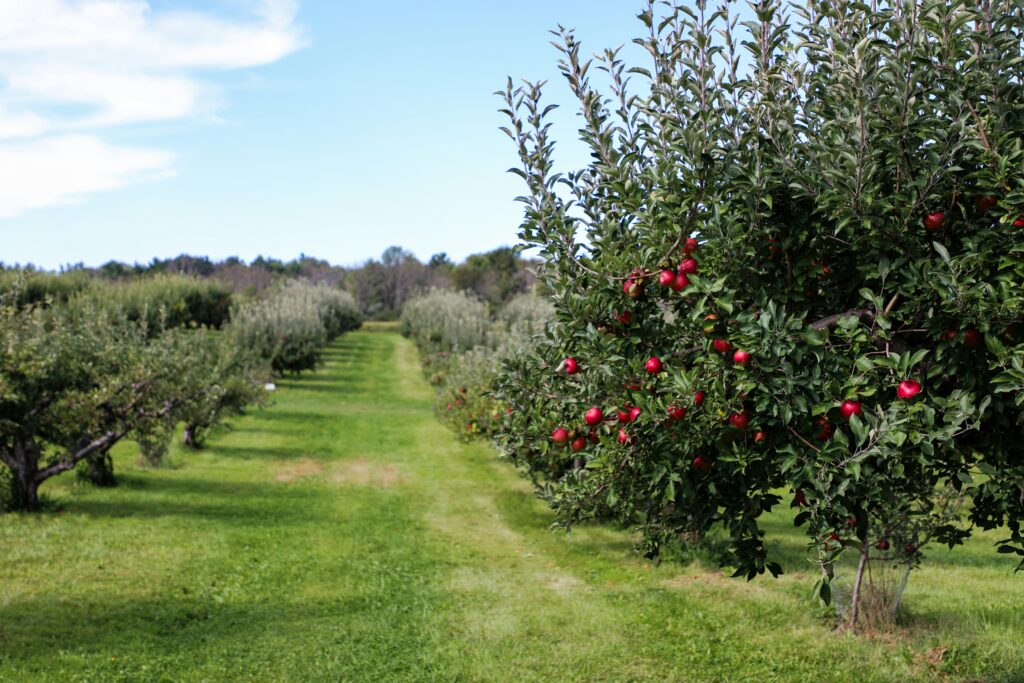
Last week I spoke about some of the inner resources and strategic approaches we need to sustain long-term work on the big challenge of social isolation.
I want to wrap up this reflection on responses by talking about the central tactics of Paths to Understanding’s work. We are aiming to create a cohesive set of programs to address social isolation. Importantly, we do so in cooperation with our many partners – modeling the group-to-group relationships we are advocating for!
PTU creates local opportunities for people to connect across differences. In our digitalized, individualistic, employment-centered modern lifestyles, our daily lives don’t usually offer natural ways to meet new people. Our personal networks and family circles aren’t enough – they are isolated themselves, keeping us trapped in the same echo chambers. That’s why PTU encourages local nonprofits, community groups, churches, mosques, and temples to host regular “group-to-group” activities that help people from different walks of life come together in meaningful ways.
Paths to Understanding is working on resources to spark and support these sustained connections. We focus on what we call “low threshold first experiences.” In other words, we want to shift from high-level discussions of “issues” to personal conversation about each person’s life experience. PTU’s conversation guides help people build group-to-group relationships while talking about their lives in a real, personal way. This helps them see each other as fellow humans first.
Together with our partners at Seattle University’s Center for Ecumenical and Interreligious Engagement, we have created a comprehensive toolkit for local groups who want to host these kinds of relationship building meals and conversations, which we call The Potluck Project. This year, we will be traveling nationally on a Potluck Project Tour that will introduce this low threshold approach to communities from coast to coast.
Communities that are ready to move into regular group-to-group activities and public events, can get support for that through PTU’s Let’s Go Together program. 30+ organizations are already doing this public partnership work in Skagit County and we hope to build the same program in Snohomish County in the next few years.
Finally, PTU is also connecting with other bridge-building organizations to be part of a larger movement. When we’ve helped different groups in one location form meaningful relationships, we’ll pass the baton to local partner organizations who can guide their peers in continuing to imagine and create a stronger community.
Of course, to do all this work requires your support: We are looking for volunteers, people with connections to other networks, host organizations for the Potluck Project Tour, and of course, financial support to keep this work going.
There are many urgent issues. We need to work on those too. Working on social cohesion does not compete with work on urgent issues. It is the very basis for our ability to respond to urgent issues.
Together, we can do both.
I conclude with a metaphor: If you want apples, you need to plant, water, and trim apple trees. Then the harvest feeds everyone.
